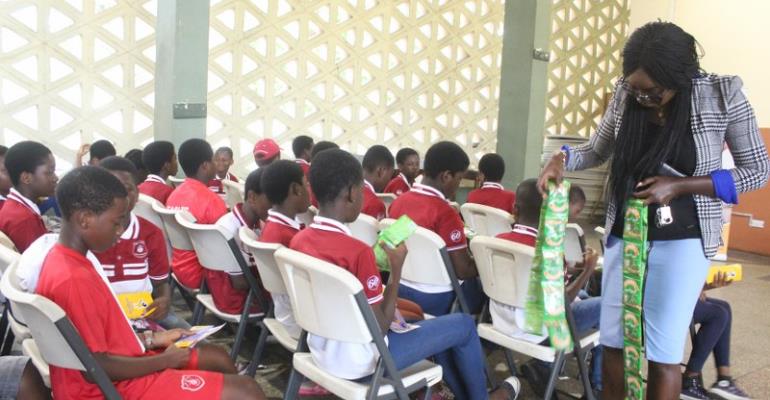
KIGALI, Sept. 27 (Xinhua) - African economies need to strengthen efforts to accelerate digital literacy across the continent in order to achieve full transition to knowledge-based society, scholars said Thursday.
They were speaking at the opening of 13th International Conference and Exhibition on ICT for Education, Training and Skills Development held in Kigali, capital of Rwanda.
The small central African country hosts the forum from Sept. 26 to 28, which seeks to discuss key issues affecting education, training, skills and technology in Africa.
African countries need literacy skills to work, learn and communicate productively using the power of technology to avoid global digital exclusion, said Ebenezer Malcalm, dean of graduate school, Ghana Technology University College (GTUC).
Much emphasis should be put in investing in required infrastructure that supports the development of digital literacy skills across African economies, said Malcalm.
For Africa to achieve knowledge-based economies, digital literacy has to be scaled up across all communities most especially in rural settings, said Mmabaledi Kefilwe Seeletso, lecturer in the department of educational management and leadership at Botswana Open University,
"Teaching and learning basic digital skills will encourage Africans most, especially the youth to become more involved with the digital world," she said.
Suleiman Adamu, head of information communication technology unit of Sule Lamido University, Nigeria, emphasized that digital literacy should top the development agenda of African governments, the private sector and the civil society as part of efforts to transition to knowledge-based society.
Technology adoption and access is not enough to transform economies in Africa, he said, adding that Africans needed to learn how to use digital technology, communication tools, or networks to communicate and create information.
According to him, institutions of learning in Africa have a key role in ensuring that people receive digital literacy training they need.
The conference has brought together more than 1,000 high-level policy and decision makers and practitioners in the sectors of education and business from Africa and beyond.
Read Full Story
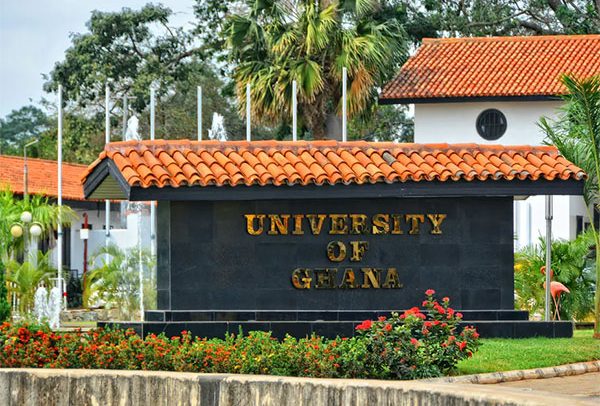

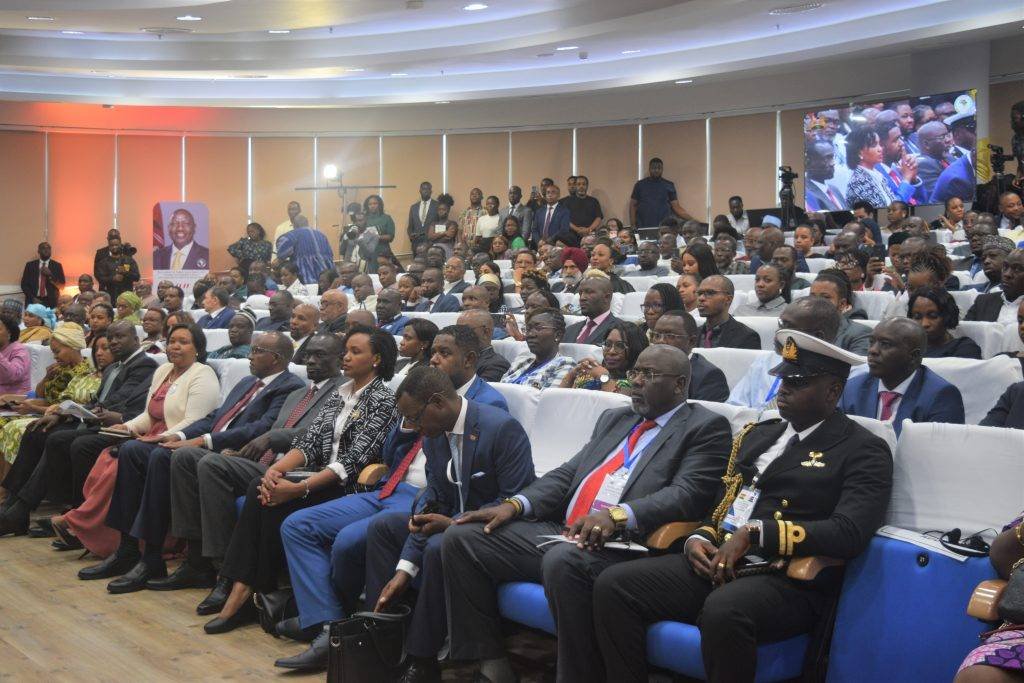
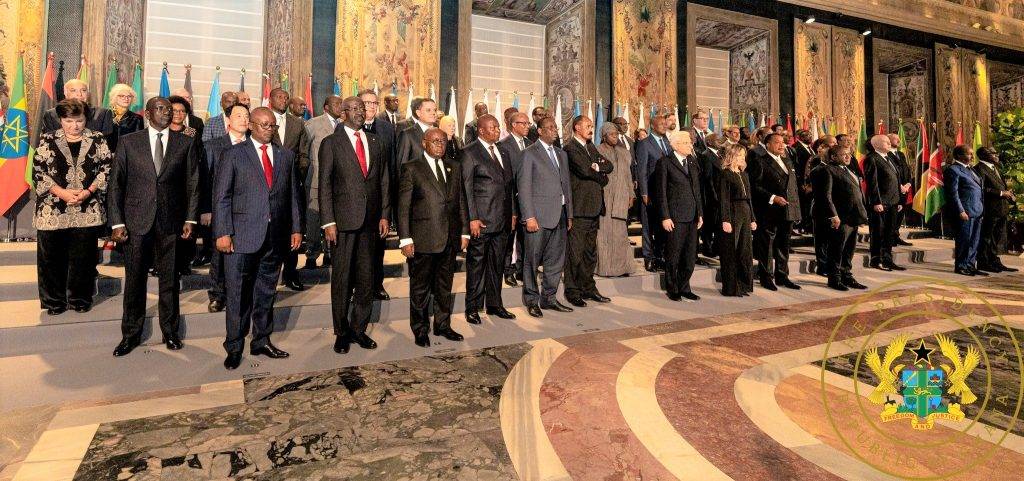

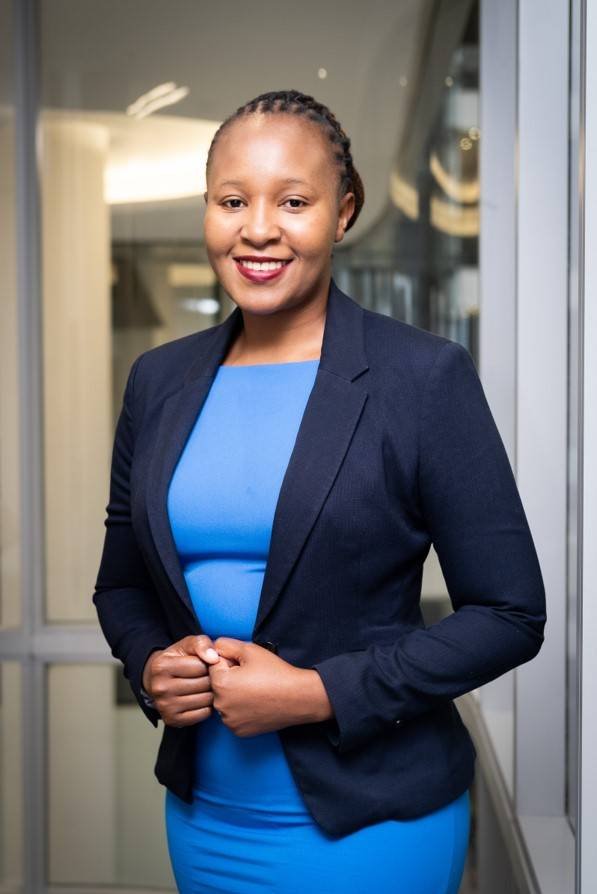




Facebook
Twitter
Pinterest
Instagram
Google+
YouTube
LinkedIn
RSS